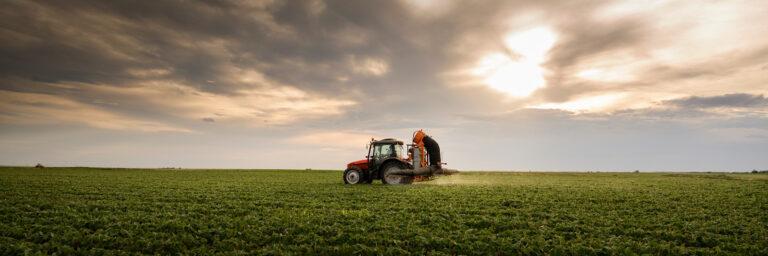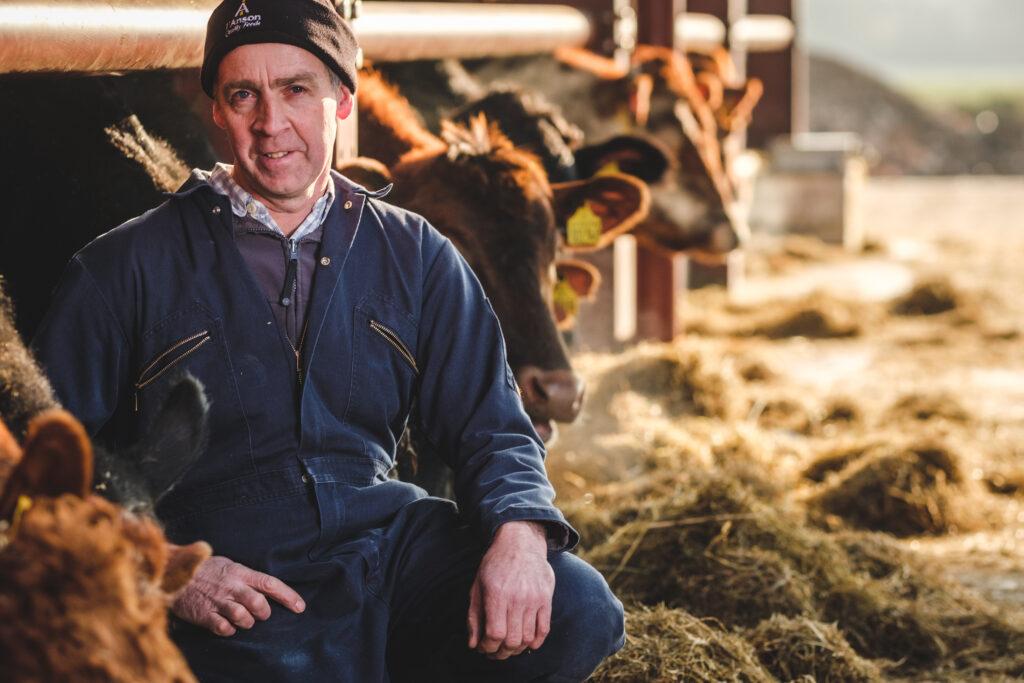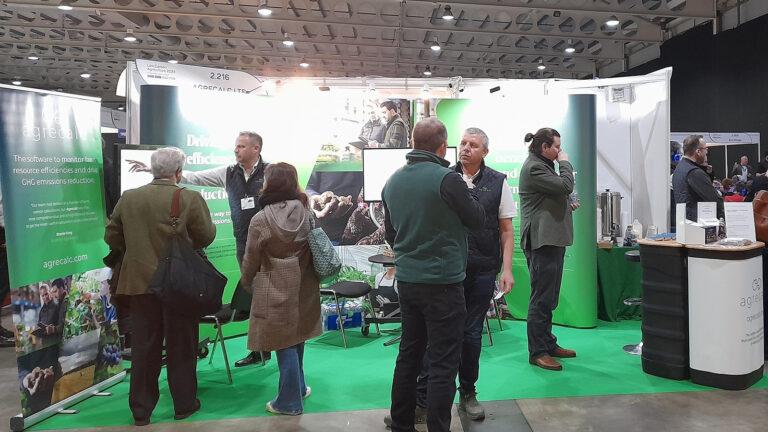
April Business Update: SRUC
After two years of operation as a Limited Company, Agrecalc became part of Scotland’s Rural College (SRUC) as of 1 April 2025.
ABP, one of Europe’s leading privately owned food processors, has invested £1.5 million to engage with and support farming participants. The farmers involved initially have had their farm assessed using Agrecalc, creating a confidential benchmark from which they will improve their overall emissions during a three-year period. After that, they will receive tailored recommendations on how to progress, from professional farm consultants, Andersons, and Harper Adams.
The improvements suggested range from planting herbal leys, implementing rotational grazing, reducing nitrogen and vehicle fuel use to improving fertility and calving rates and more.
The successes and challenges of working through PRISM 2030 is shared with other farmers through grazing events held on farm and discussion meetings online. Case studies from those farmers making changes are shared through monthly newsletters and social media, to help support other farmers on their journey to efficiency.
The aim is that by 2030, the UK beef and lamb sectors will be fully engaged with sustainability issues and recognise the reputational and marketing benefits of doing so.
Collective change to significantly cut greenhouse gas emissions and improve sustainability metrics is supported by discussion and engagement, which PRISM 2030 fosters.
As a result of adding this to their existing effort and sharing the findings openly, ABP has earned positive recognition and loyalty from its customers and has helped to secure a more viable future for UK beef and lamb.

Along with Agrecalc, the programme plays a part in the beef and lamb sectors becoming recognised by sectors outside of farming, illustrating the willing engagement of farmers to tackled climate change and other sustainability challenges.
Katie Thorley, ABP’s Agri Sustainability Manager says: “As a business at the heart of the red meat sector, we want to help drive the change needed, we need to support practical ways for farmers to make the, sometimes simple, changes needed.
“PRISM 2030 provides us with data to show carbon footprint baselines, and what impact, changes over time, and changes in management, have on GHGs.
“Ultimately our aim is the same as the wider industry, to ensure the long-term sustainability of British beef and lamb and we recently appointed a researcher at Harper Adams to further analyse the results for sharing across the sector.”
The aim is that by 2030, the UK beef and lamb sectors will be fully engaged with sustainability issues and recognise the reputational and marketing benefits of doing so. Collective change to significantly cut greenhouse gas emissions and improve sustainability metrics is supported by discussion and engagement, which PRISM 2030 fosters.
“More than 200 farmers have already had their report feedback; recommendations vary from altering genetics, addressing reproductive health issues and improving condition score at breeding, as well as introducing rotational grazing, minimal tillage for crop establishment and monitoring grass growth”, Katie adds.
Data is currently being compiled, analysed and interpreted and findings will be published over the next few months.
Further assessments will be completed during 2024 and 2025, with wider biodiversity feedback to farmers assessing other areas of their business.
This will allow an understanding of the levels of improvement created by the recommended activities undertaken.
Throughout the programme, farmer engagement and updates will continue, with Agrecalc at the forefront of quantifying the improvements being made.

After two years of operation as a Limited Company, Agrecalc became part of Scotland’s Rural College (SRUC) as of 1 April 2025.

Biochar is a carbon-rich material produced by pyrolysing biomass, which offers a variety of potential agronomic benefits. In this guest article, Black Bull Biochar discusses how these effects work together to bolster productivity, sustainability, and resilience in farming.

The Agrecalc team is looking forward to welcoming you at our stand (2.844) at this year’s Low Carbon Agriculture Show, taking place on March 5 and 6, at NAEC Stoneleigh near Kenilworth.